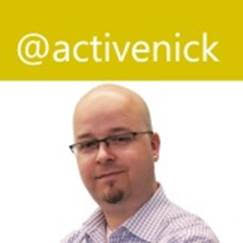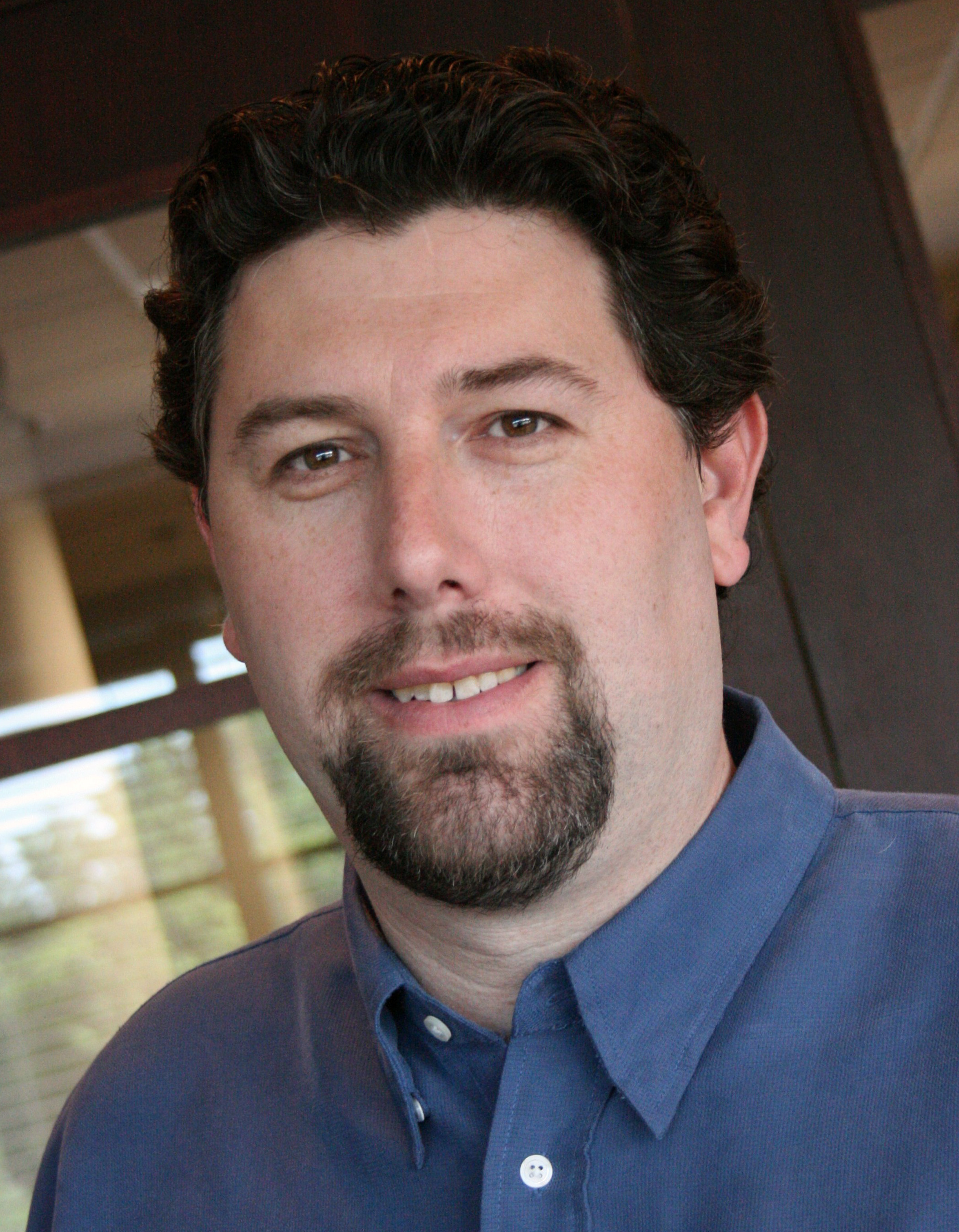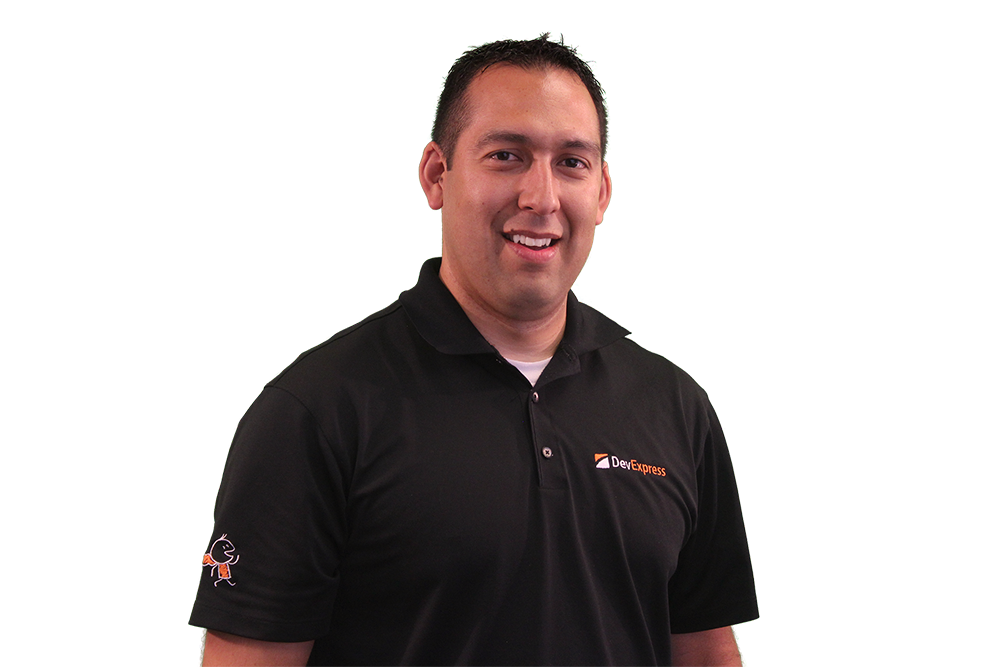In this episode Nick Landry introduces us to Universal Apps for Windows and Windows Phone, a combination of technology and developer tooling in Visual Studio that facilitates code-sharing and reuse in a single solution when creating apps for both the Windows and the Windows Phone Stores. Nick takes us through understanding the pros and cons of the several code-sharing strategies available to developers in .NET today including Portable Class Libraries, Universal Apps Shared Libraries, file-linking, and conditional compilation in order to leverage your code assets between projects on multiple Microsoft platforms.
In addition to code-sharing techniques, Nick also shares techniques and tips for designing and organizing both shared and distinct UI elements across the multiple form-factors of the various platforms to maximize re-use of your design efforts as well.
We also explore the challenges of making changes to familiar user experiences, updating interaction paradigms to take advantage of new platform capabilities, and what on earth we might (eventually) use to replace the save icon 🙂
Show Notes
- Windows Developer Center
- Setting-up a Windows Phone Development Environment
- Download Visual Studio 2013 Update 3 for Windows
- Apply for BizSpark to get free Microsoft software and Azure credits
- Nick Landry’s Blog
- Nick Landry on Twitter: @ActiveNick
- Hamburger Menu discoverability problems

Nick Landry (@ActiveNick) is a mobility pioneer and former entrepreneur specializing in cross-platform mobile app development for Windows, iOS and Android devices. Nick works at Microsoft as a Senior Technical Evangelist in the New York Metro area. He spent most his career in IT consulting, software and services companies across various technical and business roles, designing, building, managing and selling innovative software products and solutions for the world’s top brands and Fortune 500 companies.
Known for his dynamic and engaging style, he is a frequent speaker at major software development conferences worldwide, was a 10-year Microsoft MVP awarded on Windows Phone Development, and a Nokia Developer Ambassador & Champion. With over 22 years of professional experience, Nick is a certified developer and software architect by trade and specializes in Cross-Platform Mobility, GIS, Cloud, IoT and Mobile Game Development. He is an active blogger, occasional author, avid gamer, loving husband and proud father.

 David is a husband, father, geek, musician, motorcyclist, speaker, and software developer living in North GA near Chattanooga, TN. He’s currently a Developer Advocate for
David is a husband, father, geek, musician, motorcyclist, speaker, and software developer living in North GA near Chattanooga, TN. He’s currently a Developer Advocate for  Kathleen Dollard wants to teach you to code better. There’s more to learn about the tools you use every day and the tools you aren’t yet using. Coding is our passion and debugging is our challenge – you’ll be happier if you do both better. Kathleen’s written dozens of articles, spoken at conferences and user groups around the world, and pushed Microsoft to respond to your real world needs as a long time MVP. Her Open Source project RoslynDom offers alterative access to information in the .NET Compiler Platform, Roslyn with a load/interrogate/mutate/build SyntaxTree model. She has courses in the Pluralsight library and a series of C# 6 webcasts now available for free on WintellectNOW.
Kathleen Dollard wants to teach you to code better. There’s more to learn about the tools you use every day and the tools you aren’t yet using. Coding is our passion and debugging is our challenge – you’ll be happier if you do both better. Kathleen’s written dozens of articles, spoken at conferences and user groups around the world, and pushed Microsoft to respond to your real world needs as a long time MVP. Her Open Source project RoslynDom offers alterative access to information in the .NET Compiler Platform, Roslyn with a load/interrogate/mutate/build SyntaxTree model. She has courses in the Pluralsight library and a series of C# 6 webcasts now available for free on WintellectNOW. Troy Tuttle is a Lean-Agile coach, software developer mentor, and consultant with almost a decade of experience working in Lean-Agile environments. He currently operates KanFlow, a consulting firm dedicated to helping software professionals, teams, and organizations improve by the study and application of Lean and Agile principles and practices. Most of his work is directed by approaches that support better clarity, understanding, and continuous learning about Lean, Agile, and the nature of knowledge work itself.
Troy Tuttle is a Lean-Agile coach, software developer mentor, and consultant with almost a decade of experience working in Lean-Agile environments. He currently operates KanFlow, a consulting firm dedicated to helping software professionals, teams, and organizations improve by the study and application of Lean and Agile principles and practices. Most of his work is directed by approaches that support better clarity, understanding, and continuous learning about Lean, Agile, and the nature of knowledge work itself. Rachel is a 20+ year software engineer, author, mentor, and international speaker. During her career, she has worked on projects of all sizes from the smallest of apps, to the largest enterprise systems at some of the world’s leading companies. Rachel currently works as an independent consultant following a tenure at Microsoft; however she still works closely with Microsoft as an ASPInsider and IE userAgent.
Rachel is a 20+ year software engineer, author, mentor, and international speaker. During her career, she has worked on projects of all sizes from the smallest of apps, to the largest enterprise systems at some of the world’s leading companies. Rachel currently works as an independent consultant following a tenure at Microsoft; however she still works closely with Microsoft as an ASPInsider and IE userAgent.



